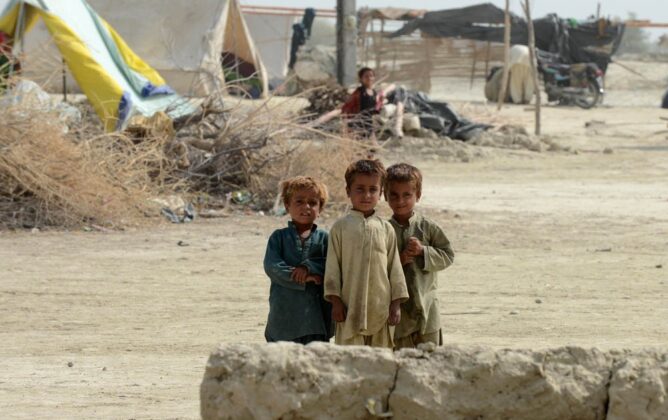
The government of Pakistan’s focus in the continuing crisis remains ensuring the next IMF bailout loan and support from China and the Gulf allies. However, for the average Pakistani, the crisis means spiraling cost of living making it impossible to eke out a living.
At a public conference, the Human Rights Commission of Pakistan (HRCP) and Joint Action Committee for People’s Rights (JAC) “deplored the tacit alliance between the business, agricultural and industrial elite with state establishment, which they said had skewed the distribution of wealth and produced a consumption-heavy economy, leaving millions of people struggling to make ends meet.”
The conference participants “passed a resolution calling for price controls to be imposed on essential goods such as staple foods, fuel and essential medicines. Working-class households should also be given subsidized access to electricity, gas, potable water, connectivity and public transportation. Existing social safety net programs must be scaled up to ensure that vulnerable households do not fall below the poverty line.”
Further, “the right to pensions, healthcare benefits and unemployment benefits should be available to all. The annual budgets for education and health should be increased to at least 4–6 percent of GDP to allow the government to provide free universal primary education, free school meals, affordable secondary and higher education, and a free national health service. The state must focus on creating employment opportunities, especially for those displaced by conflict or climate change. It must ensure that workers are not treated as disposable commodities and protect the right to safe and secure working conditions for all.”
Furthermore, “austerity measures such as regressive taxation in the form of indirect taxes must be countered and replaced with progressive taxation. The federal government must also disclose the status and terms of repayment of loans acquired from multilateral bodies and make a strong case for debt retirement and reparations through a comprehensive debt audit. Finally, the real estate sector must be regulated through progressive taxation to restrict the hoarding of land and natural resources, while agricultural land should be protected from elite-led housing schemes.”
The daylong conference ended with a demand “that political parties put the interests of the working classes ahead of those of the establishment.”
![]()





